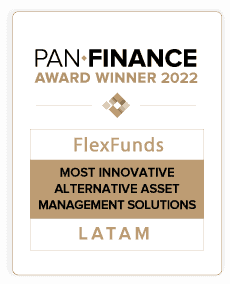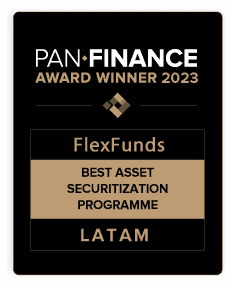Creating a private equity fund is a very complex process
Creating a private equity fund can be a way to diversify investments and take advantage of market opportunities. However, it is also a complex process that requires careful planning and a thorough understanding of financial markets.
What is a private equity fund?
A private equity fund is an entity that allows investors with high purchasing power, both individuals and legal entities, to invest in companies that are not publicly listed on the stock market.
These funds raise capital to place in companies that need financing to expand, improve their finances or carry out other projects.
Investing in a private equity fund involves rigorous analysis of the company’s fundamentals and a long-term partnership to earn long-term benefits.
According to the Corporate Finance Institute (CFI), institutional and accredited investors are often the primary sources of private equity funds, as they can provide large amounts of money for extended periods.
How to create a private equity fund?
If you are interested in creating a private equity fund, you should consider at least the following five essential steps:
1. Develop a business plan
First, you must have a business plan, which will be the cornerstone of a successful private equity fund. The model includes detailed data on the type of companies you will invest in and the investment strategy to be executed.
In addition, it must include information about the company’s objectives, how they will be carried out, and the possible risks with their respective procedures to mitigate them as much as possible.
2. Working out legal details
As a complex financial structure, it must comply with all legal requirements before creating a private equity fund, including a legally recognized company registered in the appropriate jurisdiction.
You must comply with all local and national regulations to operate legally. At this point, working with a finance lawyer to verify everything is in order is advisable.
3. Structuring Fees
Private equity funds charge fees to their investors, as they would otherwise be unprofitable. The structure of these rates will define whether or not the fund can be maintained in the long term.
Typically, two types of fees are charged: annual management and success fees. While the first covers the fund’s operating costs, the second is charged based on profits.
4. Assembling a competent team
The success of a private equity fund depends mainly on the team that manages it, just like any other company. For this reason, it is vital to have competent professionals with experience in finance and investment management.
Likewise, the team must have skills in the evaluation and analysis of companies in which it is going to invest, as well as be highly trained and motivated to maximize the profitability of the investment vehicle.
5. Finding clients
Once the private equity fund has been created, looking for investors interested in placing their money in it is essential. Today this can be done through different channels, such as personal networking, online advertising, and strategic partnerships.
A key pillar to attracting potential investors and satisfying existing ones is solid marketing. Otherwise, more than the client base may be needed to make the fund profitable.
How to reach more customers with ETPs
One way to reach more potential clients is through securitization of the private equity fund, a process carried out by FlexFunds that will convert it into an exchange-listed product (ETP).
With ETPs, investors can access their strategy via Euroclear and through their existing brokerage accounts.
If you want to know more about our ETPs, do not hesitate to request a meeting with the FlexFunds team so that we can answer all your questions.
Sources:
- https://corporatefinanceinstitute.com/resources/wealth-management/private-equity-funds/







